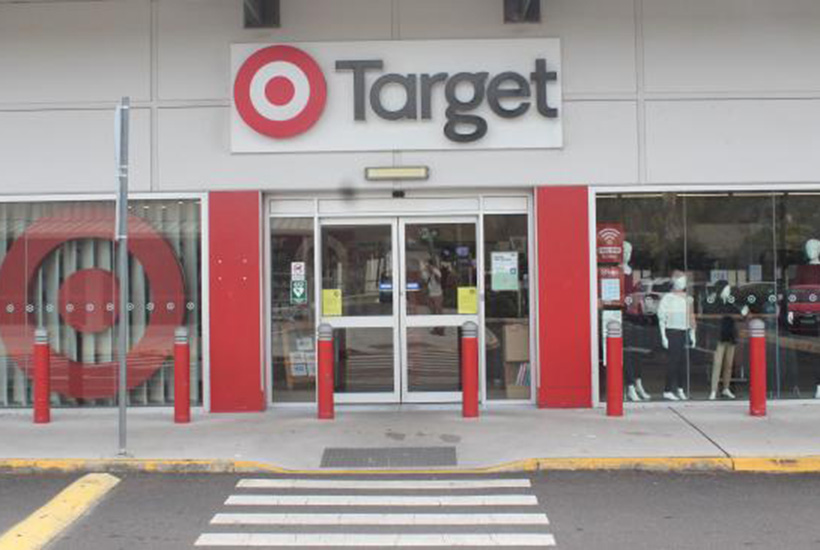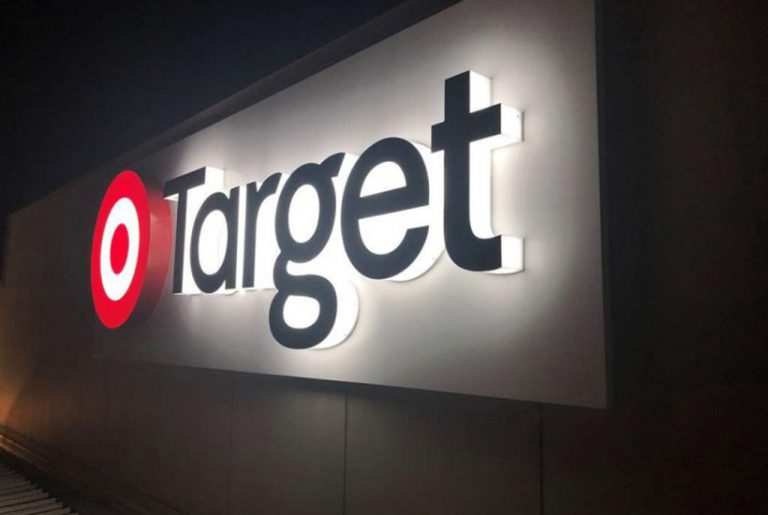Target closures set to hit major landlords

Listed real estate companies have avoided the worst of Wesfarmers’ move to close or convert about half of the Target network but face the risk of more shutdowns in August, when the chain reveals its final plans.
Shopping malls have been rocked by battles with major retailers over their rental arrangements and Wesfarmers, which owns Target and Kmart, signalled it wanted to turn around the downsized Target chain.
Landlords are also dealing with department stores Myer and David Jones, as well as Solomon Lew’s Premier Investments about their rental arrangements, with the retailers pushing for deals that more closely reflect their turnover both during the coronavirus-induced slump and an economic recession.
This is adding further pressure on landlords who are facing balance sheet issues as asset values are being marked down by valuers, putting pressure on their lending covenants, and there is likely to be a wave of asset sales once investment markets stabilise.
About half Target’s stores will be either closed or converted to Kmart stores.
Citi analysts Adrian Dark and Suraj Nebhani say about 30% of Target’s stores are in REIT-owned centres and note the risk of further changes being announced in August.
Scentre has the highest number of Target stores, but many are co-located with Kmart, reducing the scope for store conversions. Citi estimates that Charter Hall Retail REIT has the greatest income exposure, at about 2.5%.
“We expect REITs would likely under-index on the Target closures, given they tend to own higher-quality centres in metro locations,” the Citi analysts say.
“We nonetheless view the announcement as a negative, given some potential capital expenditure, downtime, vacancy impact, as well as the risk of further pressure on market rents.”
The move by Wesfarmers would give tenants another negotiating tool. “While REITs’ direct exposure to Target is relatively modest, the need for the market to absorb additional space adds to the downside risks for rents, which could have a broadbased impact across the market,” the Citi analysts say.
This article originally appeared on www.theaustralian.com.au/property.







